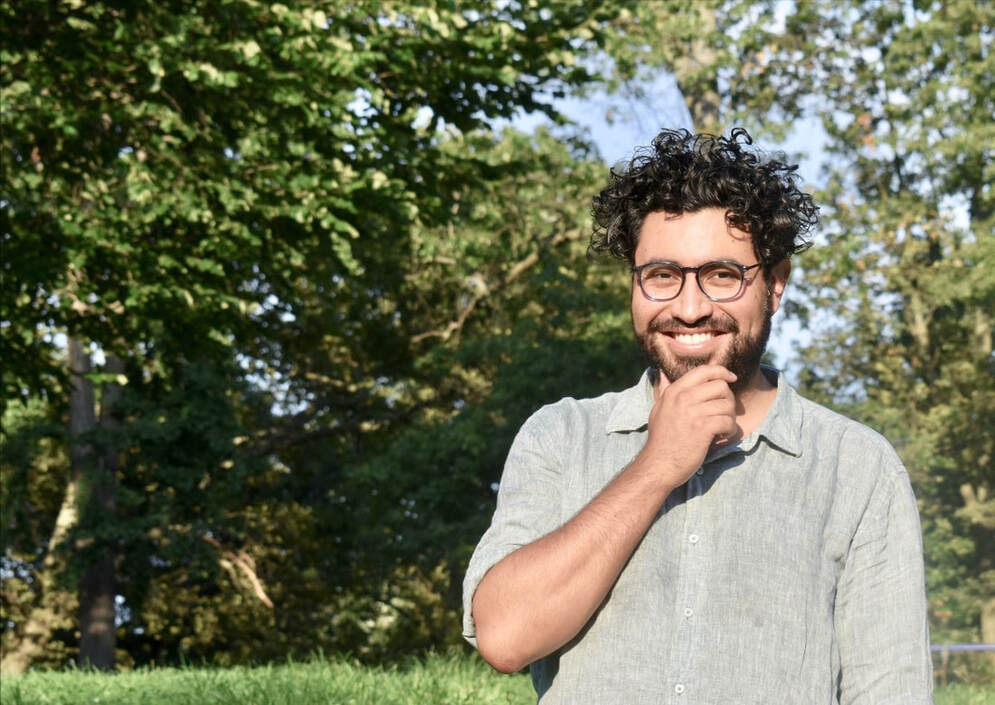CEE | Center for Experimental Ethnography
Menu
CONVERSATIONS
A blog of the Center for Experimental Ethnography
Contact Us // 438 PENN MUSEUm // experimental-ethno@upenn.edu
© 2018 The Trustees of the University of Pennsylvania
